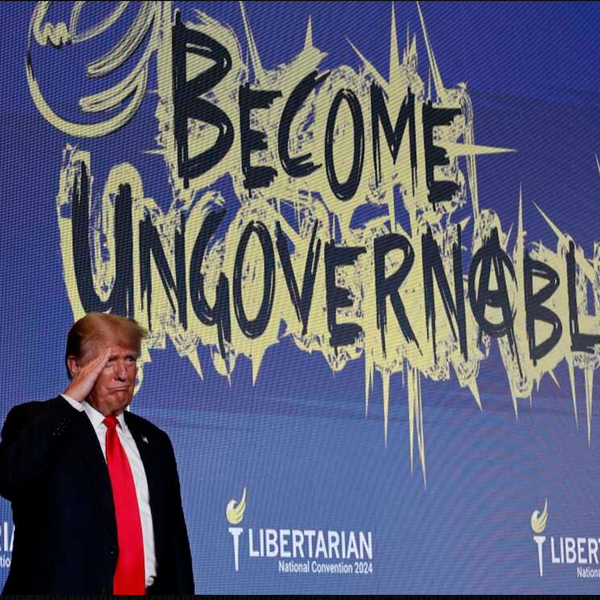
As Democrats lick their wounds from last week’s electoral bloodbath, political analysts are poring over exit data to discern the message in the Republicans’ resounding victory. Are voters unhappy with President Obama? Clearly.
But the underlying dissatisfaction abroad in the land centers around the state of the economy, which hasn’t recovered a broad prosperity that reaches into the homes and bank accounts of average Americans.
According to a Wall Street Journal exit poll, 45 percent of voters said the economy was their top concern; only 33 percent of those polled said it is getting better. A Fox News exit poll found that 70 percent of voters rate the economy as either “not good” or “poor.”
But if you think the election will finally force official Washington to buckle down and concentrate on creating jobs that pay a decent wage, think again. The political system is too broken for that to happen.
And that’s a big problem for a country whose citizens don’t all share a common heritage — a religion or a race or even a native tongue. The one thing that binds us, that has kept the country more or less united, is the promise of a broad and shared prosperity. If we can’t solve the problem of growing income inequality and restore the foundation for the middle class, the ties that bind us together will grow more frayed. Eventually, they’ll break.
Let’s acknowledge, though, that fixing the economy — upended by globalization and the technological revolution — is not an easy thing to do. It will take time and political innovation, fortitude and political cooperation.
Have you seen any of that lately?
To start, many elected officials don’t understand the nature of the problem. They reach back into playbooks that date to 1985, figuring that whatever worked then would work now. It won’t. Much as the Industrial Revolution broke down the architecture of the agrarian economy 200 or so years ago, the forces at work now are blowing away the foundations of the manufacturing age.
Yet, Republicans still insist that tax cuts will get the country back on its feet. They keep up that mantra, despite reams of real-world evidence to the contrary, because it serves their rich masters, such as the Koch brothers.
What evidence? Just take a look at the state of Georgia, which has one of the lowest rates of taxation in the country and the highest unemployment rate, 7.9 percent. By contrast, Massachusetts — which the GOP reviles as “Taxachusetts” — has an unemployment rate of 6.0, a tick above the national average of 5.9 percent.
Democrats, for their part, have focused much of their energy on an increase in the federal minimum wage, a pay hike that would certainly help a lot of workers. But it would hardly narrow the growing gap between the haves and have-nots — a chasm seen across the Western world as the highly educated claim a bigger portion of the pie.
President Obama, at least, has the perspective to see the broader trends that have rocked America back on its heels. The Great Recession tore through the country like a tornado, but its misery only laid bare a chasm that has been growing since the 1970s — the income gap. While workers with high school diplomas could once count on manufacturing jobs, those factories have largely shut down, fleeing to lower-cost countries. Technology has also taken a toll, replacing factory workers with robots and bank tellers with ATMs.
As the president notes, part of the fix lies in a better-educated work force. He has pushed for more accountability for teachers at the primary and secondary levels, as well as higher educational standards. But right-wing Republicans view the Common Core, which would raise academic aspirations, as a socialist conspiracy.
President Obama has also prodded Congress to set aside billions for infrastructure repairs, which would generate hundreds of thousands of jobs and create a platform for economic growth. But the GOP has resisted, partly because a revived economy would benefit the president and his political party.
The midterm elections didn’t change that dynamic. Instead, the results reinforced a dysfunctional political system.
(Cynthia Tucker won the Pulitzer Prize for commentary in 2007. She can be reached at cynthia@cynthiatucker.com.)
Photo: SEIU via Flickr
Want more political news and analysis? Sign up for our daily email newsletter!








